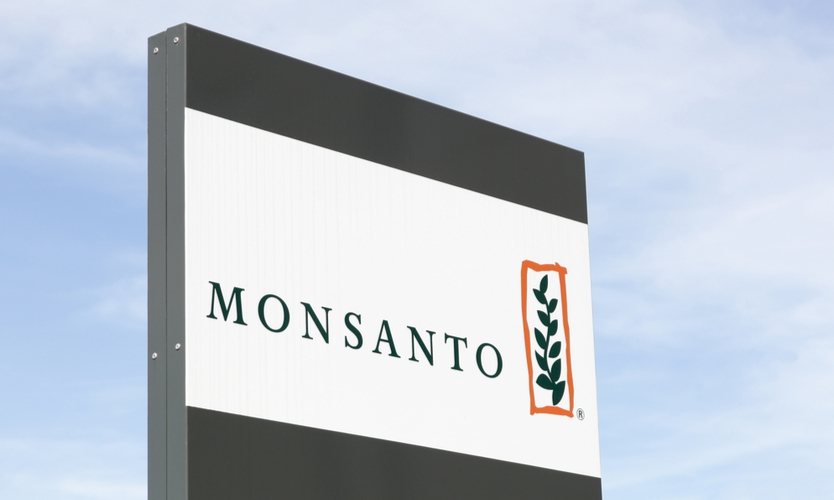Monsanto hit with $857 million verdict over PCBs in school
- November 11, 2025
- Posted by: Web workers
- Category: Finance

(Reuters) — A Washington state jury Monday ordered Bayer’s Monsanto to pay $857 million to seven former students and parent volunteers of a school northeast of Seattle who claimed that chemicals known as PCBs made by the company leaked from light fixtures and made them sick, according to court documents.
The jury in Seattle found the company liable for selling polychlorinated biphenyls (PCBs) used in the Sky Valley Education Center in Monroe, Washington, that were not safe and did not contain adequate warnings. The verdict included $73 million in compensatory damages and $784 million in punitive damages.
The plaintiffs included five former students and two parents who spent time at the school seven to 18 years ago. They claimed exposure to PCBs at the school caused them to have neurological, endocrine system and other health concerns.
A statement from Monsanto called the award “constitutionally excessive” and said the company will move to have the verdict overturned or reduced.
The U.S. Supreme Court has said that punitive damages should generally be capped at nine times compensatory damages, because larger awards would violate defendants’ due process rights.
The verdict marks the latest trial loss for the company, which already faced $870 million in verdicts from alleged PCB exposure at the Sky Valley center in other cases.
The company is appealing those previous verdicts.
Monsanto said blood, air and other tests showed employees were not exposed to unsafe levels of PCBs at the school.
PCBs were once widely used to insulate electrical equipment and found in other common products such as carbon copy paper, caulking, floor finish and paint. The U.S. government outlawed the chemicals in 1979 after discovering links to cancer.
Employees, students and others have claimed in numerous lawsuits against the company that exposure to PCBs at the Sky Valley center gave them cancer, thyroid conditions and other health problems.
The company said it stopped producing PCBs in 1977. It also said the school had been warned repeatedly since the 1990s that its light fixtures needed to be retrofitted.



